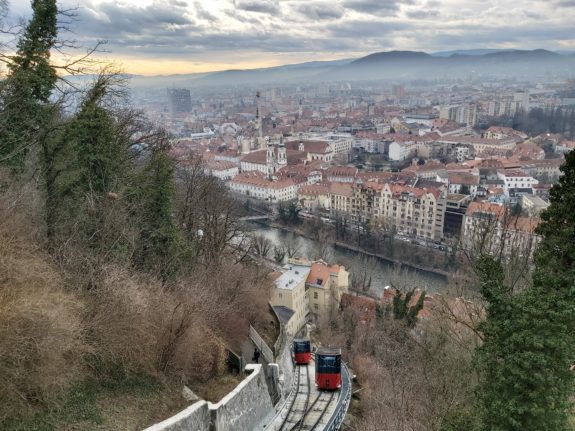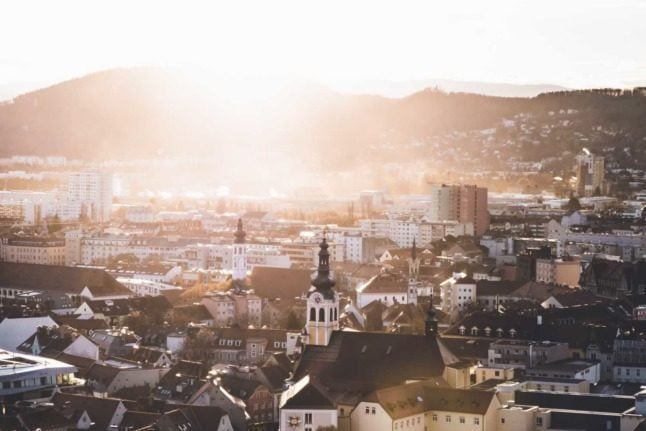Graz is Austria’s second largest city (after the capital, Vienna) and attracts people from all over the world to live and work.
But what about buying property as a foreigner in Graz? What are the rules?
Here’s what you need to know before jumping into the property market in the Styrian capital city.
FOR MEMBERS: EXPLAINED: Property buying rules for international residents in Austria
Who is classed as a foreigner in Austria?
Foreign nationals are defined by the Austrian Federal Government as those that do not have Austrian citizenship.
However, when it comes to buying property, there are varying rules for different foreigners, mostly depending on whether someone is from an EU country or not (rather than whether they have an Austrian passport).
Property buying rules for EU and EEA citizens in Austria
In Austria, it’s relatively easy for citizens from EU and EEA countries and Switzerland to buy property as a foreigner.
This is because these citizens are granted the same rights as Austrian nationals under EU law.
So this means whether you are an EU citizen already living in Graz as a resident, or you simply want to purchase an investment property in the city, it is possible.
READ MORE: EXPLAINED: How Austria’s new property buying rules could impact you
Austrian rules for third country nationals
In Austria, the term ‘third country nationals’ refers to anyone who is not from an EU member state, an EEA (European Economic Area) country (Iceland, Liechtenstein and Norway) or Switzerland.
For this group it usually becomes more difficult to buy a home in Austria – even for permanent residents – due to strict property buying rules.
In principle, any permanent residents from a third country in Austria have to go through an authorisation process to gain a special permit that will allow them to buy property.
The reason for the special permit is to ensure there is sufficient housing available for Austrian citizens and to avoid surging property and land prices from interest by non-EU buyers.
But in Graz, the rules are more relaxed than the national laws, making the process much easier for foreigners wanting to invest in property in the city.
READ ALSO: EXPLAINED: Why Austria’s rising property prices are causing alarm
What is different in Graz?
The biggest difference in the rules for foreigners in Graz is that there is no requirement to gain the special permit to buy property, unlike in other provinces and cities across Austria.
This means, as long as someone is a permanent resident in Graz (and they have the funds), they can buy property – no matter where they are from.
Brits with an Article 50 card
Since Brexit became a reality in January 2021, there has been some confusion in Austria about the rights of British people to buy property in the Alpine Republic, so here’s a brief explainer.
For those in possession of an Article 50 Card – a post-Brexit residency permit that grants British people living in Austria before December 31st 2020 pre-Brexit rights – they are still treated the same as those from EU member states.
FOR MEMBERS: How can British second home owners spend more than 90 days in Austria?
This should apply across Austria and was confirmed to The Local by the British Embassy in Vienna. It was also highlighted by the UK government in its official Living in Austria guide.
As a result, there is no need for British people with an Article 50 card to apply for the special permit to purchase property in Graz, or anywhere else in Austria.
But for any British people that have moved to Austria in post-Brexit times, they will be considered as third country nationals and subject to the rules detailed above (although not in Graz where the permit is not required).



 Please whitelist us to continue reading.
Please whitelist us to continue reading.
Member comments